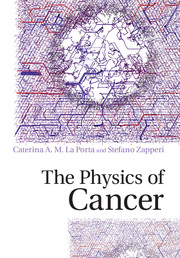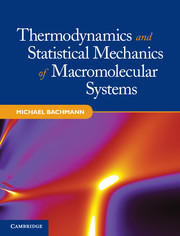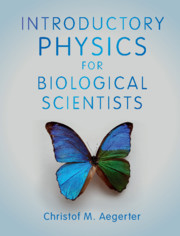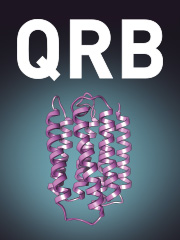Universal Biology
Living systems consist of diverse components and constitute a hierarchy, from molecules to cells to organisms, which adapt to external perturbations and reproduce stably. This book describes the statistical and physical principles governing cell growth and reproduction, and the mechanisms for adaptation through noise, kinetic memory, and robust cell differentiation through cell to cell interaction and epigenetics. The laws governing rate, direction, and constraints of phenotypic evolution are examined from the perspective of microscopic units (molecules) and macroscopic states (cells), with a focus on maintaining consistency between these length and temporal scales. By integrating theoretical, computational, and experimental approaches, this book offers novel insights into biology from a physicist's perspective and provides a detailed picture of the universal characteristics of living systems. It is indispensable for students and researchers in physics, biology and mathematics interested in understanding the nature of life and the physical principles it is based upon.
- Offers the first comprehensive overview of Universal Biology, a new field for understanding universal properties in all living systems, based on the concept of macro-micro consistency, with an emphasis on robustness and plasticity.
- Presents an overview of statistical laws governing cell growth and reproduction, as well as mechanisms for adaptation through noise, kinetic memory, and robust cell differentiation through cell-cell interaction and epigenetics.
- Identifies the law governing the rate, direction, and constraints of phenotypic evolution with dimensional reduction.
- Explains the universal properties of cellular, developmental, and evolutionary biology.
- Provides new research directions to explore the fundamental characteristics of life.
Product details
September 2025Hardback
9781009575669
382 pages
244 × 170 mm
Not yet published - available from September 2025
Table of Contents
- 1. The potential of universal biology: is there a universal nature of life?
- 2. Methodology for universal biology
- 3. Reproduction of cells: dynamic and thermodynamic characteristics, dormancy, fluctuation, and requisites of protocells
- 4. Generic adaptation of cells
- Attractor selection, stochasticity, and consistency
- 5. Adaptation and cellular homeostasis
- 6. Cellular memory
- 7. Cell differentiation through development
- 8. Evolution of phenotypic plasticity and robustness in terms of phenotypic fluctuations
- 9. Direction and constraint in phenotypic evolution: dimension reduction and global proportionality in phenotype fluctuation and responses
- 10. Summary and future issues.







